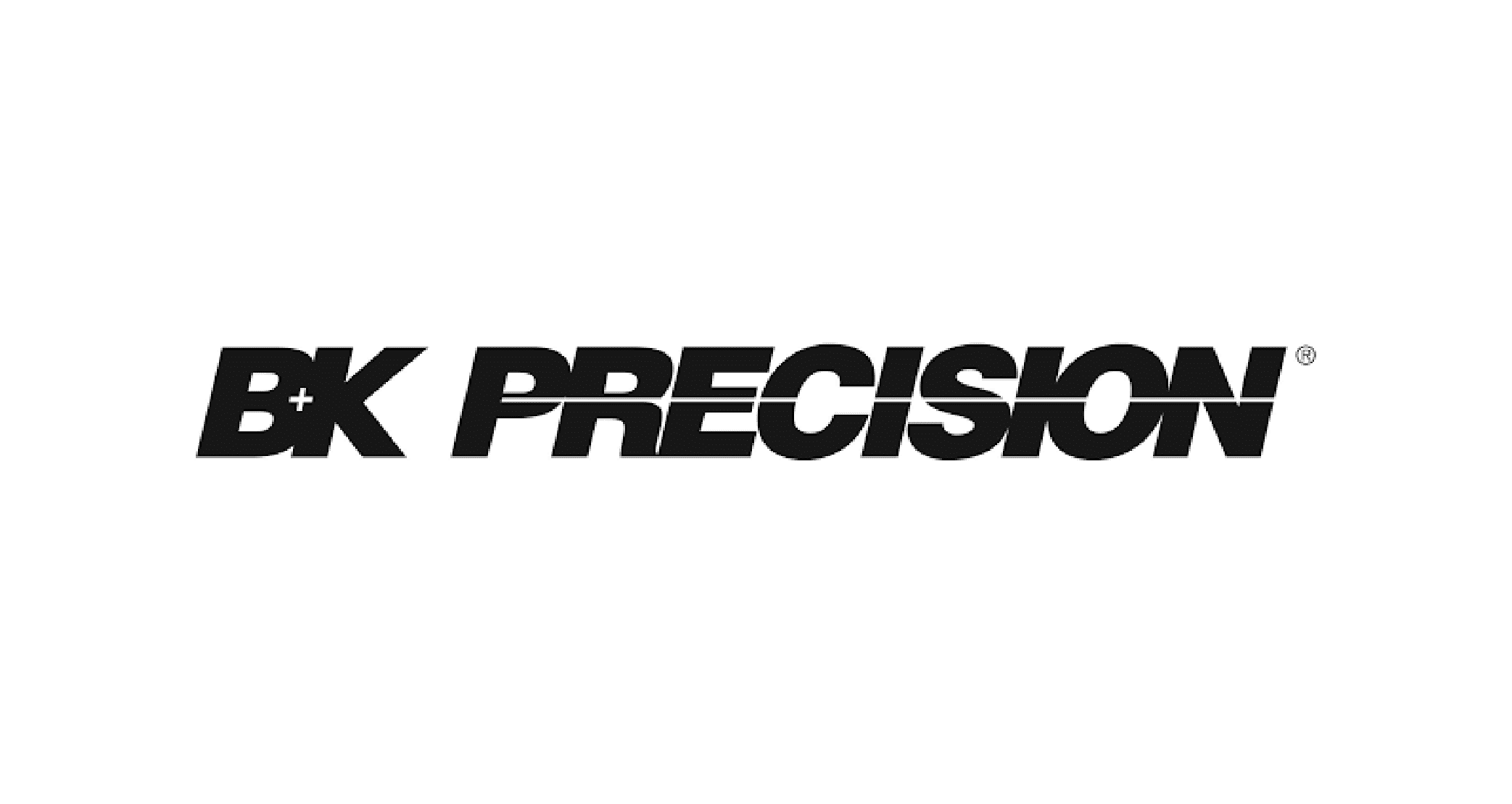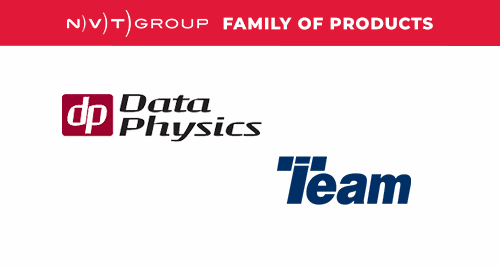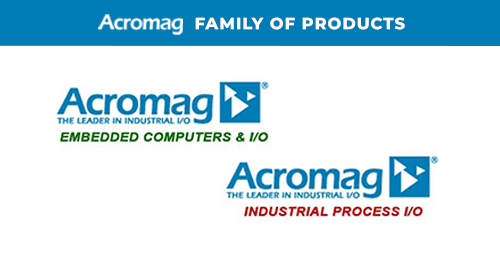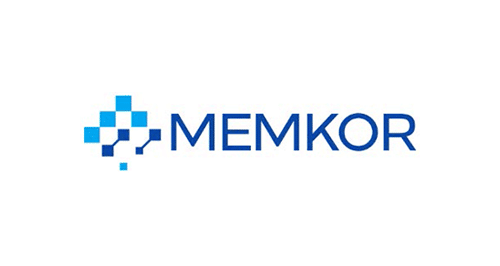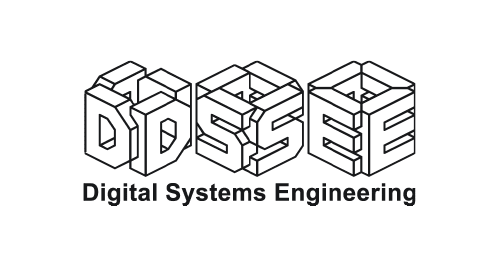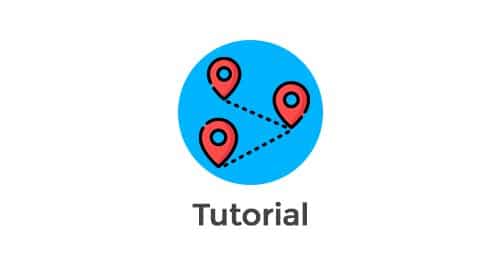
Battery Testing
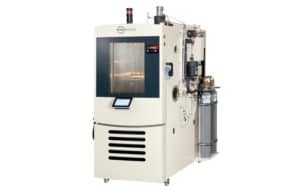
Batteries have a pivotal societal role, from providing the initial power needed to start automobile engines to acting as a backup electrical source for essential services. As batteries are further integrated into consumer, commercial, and industrial applications, their performance and safety become more critical.
The best way to confirm that batteries perform correctly is with a test chamber. As a leading test chamber designer and manufacturer, Weiss Technik has developed innovative solutions to prove out all types of batteries. Here’s a breakdown of battery testing and why incorporating it into your process is advantageous.
What Is Battery Testing?
Battery testing is the act of performing analyzing, recording or monitoring critical battery operating parameters to ensure effective operation. In some cases, it’s required by an industry standard or regulatory agency like the European Council For Automotive Research And Design, or EUCAR.
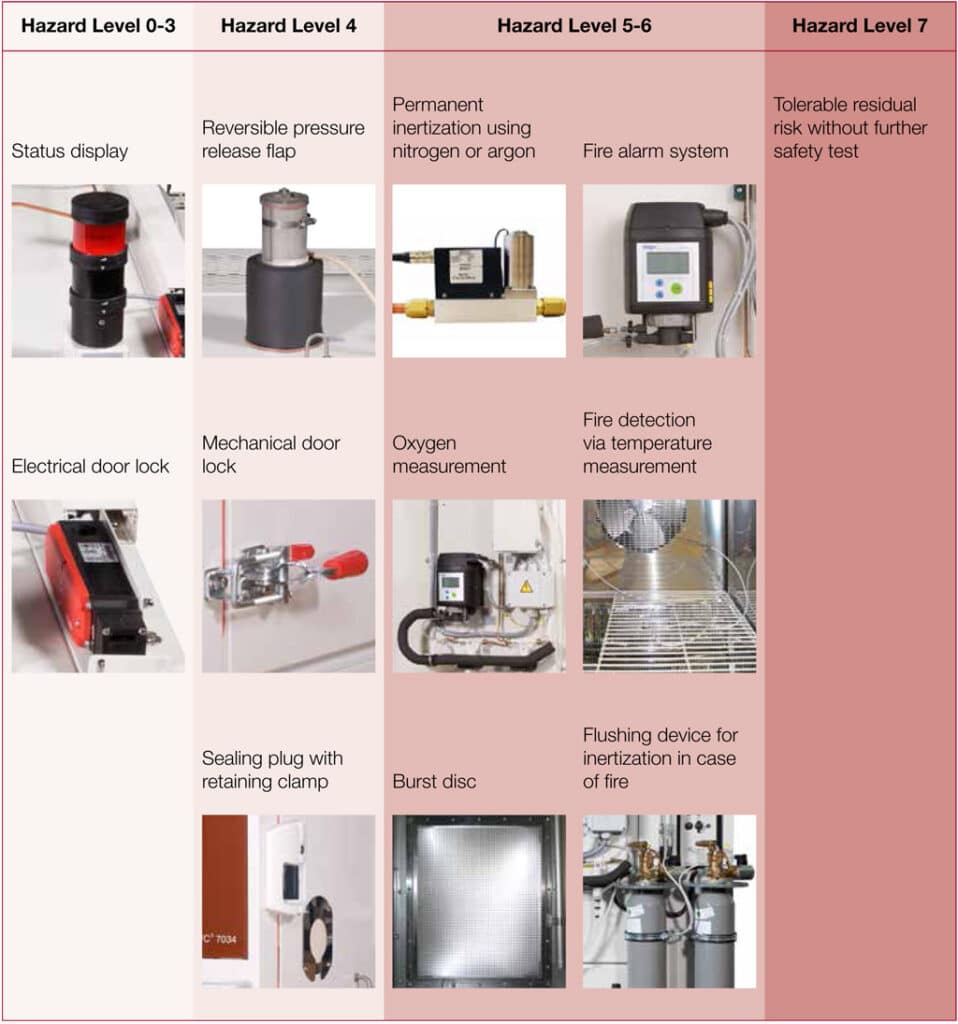
Common types of tests performed include:
- Design Testing
- Qualification Testing
- Abuse Testing
- Cycle Testing
- Load Testing
- Production Testing
- Performance Monitoring
- Failure Analysis
Batteries are the heart of many stationary, critical power, industrial, and motive power applications. Consequently, monitoring and testing their health and reliability is essential to delivering power on demand. Actual testing parameters vary by application, but typical information sought out includes:
- Is it fully charged?
- How much charge is left?
- Does it meet the manufacturer’s specification?
- Has there been any performance deterioration?
- How long will it last?
- Do the safety mechanisms work?
- Does it generate interference or electrical noise?
- Is it affected by interference or electrical noise?
How To Examine Batteries
Pushing batteries to the limit poses a risk. Hazards include fire, deformation, fluid leakage, gas release, and even explosion. Battery test chambers are a standardized way to safely and reliably test batteries during design and production
Developing Advanced Battery Solutions
With test chambers, manufacturers can subject their devices to conditions like extreme temperatures, high humidity, shocks, and vibrations to simulate the life cycle. In doing so, they can determine failure points and set expectations. This helps ensure products fit and function as intended when put into production.
Verifying Quality On The Production Floor
Test chambers enable quality personnel to quickly expose products to extreme conditions on the production floor. This lets them confirm specific aspects of a procedure or specification are met. These tests can catch nonconforming products before leaving the shop, protecting against subpar performance or, worse, complete failure.
The Emergence Of Lithium-Ion Batteries
Few inventions have changed the modern world as much as rechargeable lithium-ion batteries. Used to operate laptops, tablets, and mobile devices, they’ve made remote work possible. Additionally, these batteries help streamline communication and power portable medical devices like the automated external defibrillator, or AED.
Since lithium-ion batteries are relied upon to power applications across almost every industry, manufacturers are racing to develop safer, longer-lasting, and higher-performing options. Batteries that don’t operate safely or are damaged can become a fire or explosion hazard, which is potentially dangerous to the public and damaging to brands.
Test chambers specifically designed to simulate a wide range of environmental conditions can help you bring lithium-ion batteries to market quickly and safely. Lithium ion battery testing verifies they work safely regardless of climate, be it the dry heat of Arizona, harsh cold of Arctic nations, or corrosive environment of the coast.
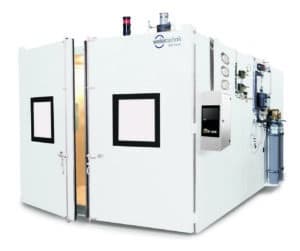
The Right Test Chamber
The standard for EV/Automotive lithium-ion battery cell and pack testing and validation is EUCAR. It has created a series of hazard levels, ranging from 0 to 7. The lower the score, the less the functionality impact. With Hazard Level 7, a possible outcome is an explosion.
Before choosing a test chamber for an EV/Automotive battery application, you should become familiar with the type of test to be performed and the appropriate hazard level. Once the hazard level is established, choose a test chamber fitted with all the devices required for that specific level and those below it to ensure complete protection.
Battery testing for other industries may be subject to the requirements of different regulatory bodies or industry standards. Examples are UL, UN/DOT, SEC, and IEC. If you’re unsure what standards apply to your application or how to meet them, Weiss Technik is happy to assist you.
Our experts can help you determine the optimal test chamber and safety equipment for your process based on the tests needed to be performed and the standards or regulatory requirements that must be met. Typical safety features include:
- Chamber Ventilation
- Reinforced Door Latch
- Pressure Relief Ports
- Fire-Suppression Systems
- Spark-Resistant Construction
- Gas-Monitoring Systems
- Overheating Sensors
- Electromagnetic Door Locks
About Weiss Technik
Weiss Technik is one of the most innovative and significant manufacturers of environmental simulation systems. They are the market leader and one of the most innovative manufacturers of environmental simulation systems. With these testing systems, they can simulate all climatic conditions around the globe and beyond, under accelerated conditions. Whether temperature, climate, corrosion, dust or combined shock testing: Weiss Technik has the proper solution. They supply systems in all sizes, from standard versions up to customized, process-integrated facilities – for high reproducibility and precise test results.
We're Here to Help
